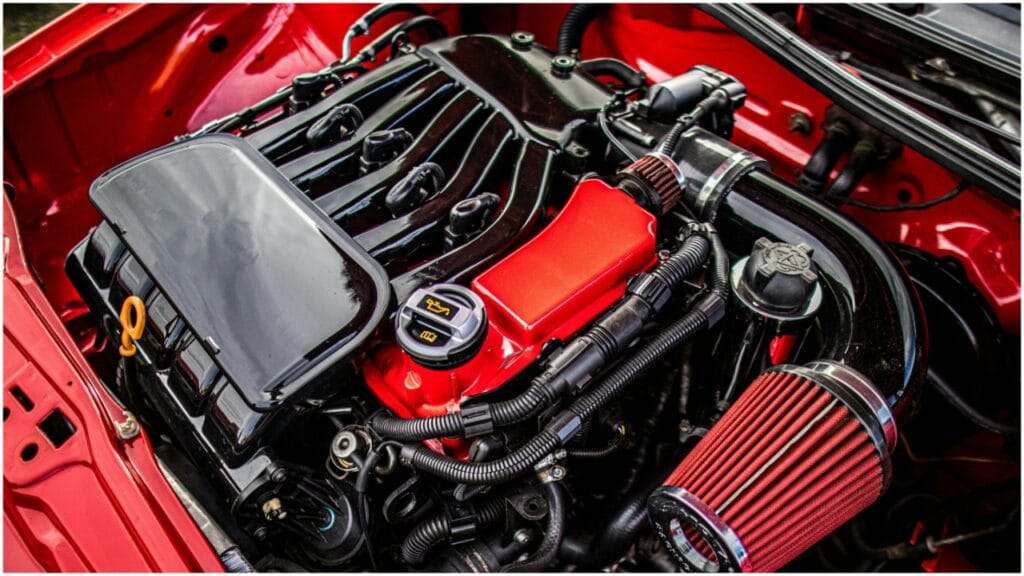Lifter noise in engines is a common problem It usually occurs when the lifters, which are part of the valve train system, do not properly engage with the camshaft. This problem can be due to low oil pressure, insufficient oil flow, or the presence of dirt and debris in the oil.
In some cases, the lifters may wear out over time, making noise even if everything else seems in good condition. One way to address this issue is by using oil additives designed to reduce or eliminate lifter noise, restoring smoother engine performance.
Understanding the Role of Oil Additives
Oil additives are formulated to enhance the performance of engine oil. They can serve multiple purposes, including improving lubrication, cleaning, and providing wear protection. When it comes to lifter noise, specific additives are designed to target and resolve the underlying issues causing the noise.
Some additives work by increasing oil viscosity, which improves the oil’s ability to lubricate and fill in the gaps between the lifter and camshaft. Others may help clean out sludge and varnish that could be contributing to the noise.
Common Causes of Lifter Noise
Before selecting an oil additive, it’s essential to understand the common causes of lifter noise. One of the primary reasons for lifter noise is low oil pressure, which can happen when the oil becomes too thin or old, reducing its effectiveness.
Another cause can be insufficient oil flow to the lifters, often due to clogged oil passages. In some cases, the noise may stem from worn-out or damaged lifters, which no oil additive can fully repair.
Choosing the Right Oil Additive
When selecting an oil additive to reduce lifter noise, it’s important to choose one that specifically addresses the issue you’re facing. Some additives are designed to increase oil viscosity, which can help provide better lubrication to lifters that are noisy due to insufficient oil pressure.
Others are formulated to clean the engine and remove sludge or carbon deposits that may be causing the lifters to stick or make noise. Some of the top oil additives for lifter noise include Liqui Moly Hydraulic Lifter Additive, STP Oil Treatment, and Sea Foam Motor Treatment.
Liqui Moly Hydraulic Lifter Additive
Liqui Moly is a well-known brand in the automotive industry, and their Hydraulic Lifter Additive is specifically formulated to address noisy lifters. This product works by cleaning the lifter mechanisms and ensuring that they operate smoothly, reducing the ticking sound.
It also helps to prevent further wear on the lifters and restore their proper function. Liqui Moly’s formula is designed to work with both synthetic and conventional oils, making it a versatile choice for most vehicles.
STP Oil Treatment

STP is another widely recognized brand, and its Oil Treatment is known for its ability to reduce engine noise, including lifter tick. STP Oil Treatment is a thicker additive that helps increase oil viscosity, ensuring better lubrication and oil pressure.
This can be especially beneficial if the lifter noise is due to low oil pressure or insufficient oil flow. STP’s formula also contains friction-reducing agents that can help to smooth out engine parts, improving overall performance and reducing engine wear.
It’s suitable for both gasoline and diesel engines and can be used in older vehicles with higher mileage.
Sea Foam Motor Treatment
Sea Foam is a versatile motor treatment that works for a variety of engine issues, including lifter noise. It is designed to clean the entire fuel and oil system, removing carbon deposits and sludge that can cause lifter sticking or other noise-related issues.
Sea Foam is effective for restoring lifters to their proper functioning by breaking down buildup in the oil passages and helping to clear the lifter mechanisms. It can also help to reduce engine knock and improve overall performance.
Using Oil Additives Properly
Using oil additives correctly is crucial to achieving the best results and avoiding potential damage to your engine. First, make sure to follow the manufacturer’s instructions regarding the proper dosage.
Overusing an oil additive can potentially affect the oil’s performance or cause other issues within the engine. Typically, you will add the oil additive to the engine oil, either during an oil change or just before it if you’re trying to treat an existing issue.
It’s also a good idea to ensure your engine oil is at the correct level before adding any additives, as running an engine with low oil can worsen lifter noise or cause other mechanical problems.
Other Methods to Reduce Lifter Noise
In addition to oil additives, there are a few other steps you can take to reduce or eliminate lifter noise. Regular oil changes are essential for maintaining proper lubrication and preventing buildup in the engine.
Make sure to use the right type of oil for your engine, whether it’s conventional or synthetic. Higher-viscosity oils may help reduce lifter noise by providing better lubrication.
Also, checking for oil leaks and addressing any issues with the oil pump or pressure regulator can help to ensure adequate oil flow to the lifters.
Conclusion
Lifter noise can be a frustrating issue for car owners, but with the right oil additives, it can often be reduced or eliminated. Products like Liqui Moly Hydraulic Lifter Additive, STP Oil Treatment, and Sea Foam Motor Treatment are all excellent choices for addressing lifter tick and improving overall engine performance.
The key to success is identifying the cause of the noise, selecting the appropriate additive, and following proper maintenance practices. While oil additives can help solve many lifter noise issues, it’s important to remember that they may not fully repair worn-out lifters.

